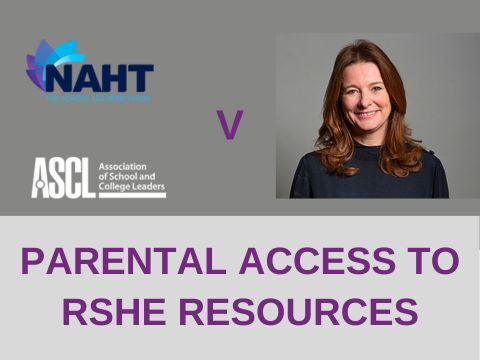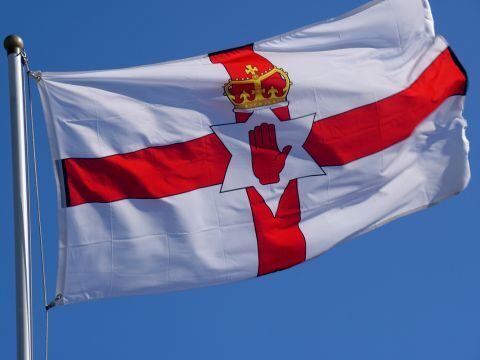

TODAY is the ‘Global Day of Parents’. The United Nations has affirmed that, in celebrating this day, nations around the world should recognise that the family has the primary responsibility for nurturing and protecting children. This day appreciates parents for their ‘selfless commitment to children and their lifelong sacrifice towards nurturing this relationship’.
The UK has been keen to pay lip service to numerous resolutions and reports which honour the role of parents. Mothers and fathers have clear parental duties, responsibilities and rights under English law. Yet, as concepts of child welfare and rights have come more to the foreground, parental primacy in core areas of a child’s best interests has gradually, but conspicuously, been eroded in practice. After a series of legal challenges and policy shifts by government in recent years, the guardianship of parents is now almost obliterated in some key policy areas.
One clear area showing the decline of parental primacy is in sex education. Whereas parents used to retain relatively wide discretion over this personal area, the landscape has recently changed considerably. Last year, sex education became mandatory across all state and independent schools in England. To the dismay of parents, their right to excuse their children from these classes if they felt the content and resources were inappropriate or more suitable for a discussion at home was weakened. Head teachers may now overrule their requests. Wales has gone one step further and completely removed opt-outs.
The schools’ watchdog has been likewise unsympathetic to parents. Declaring that the requests of parents to have their children educated in accordance with their faith and values is an archaic principle, the Chief Inspector of Ofsted has recently argued that the modern state is legitimately entitled to teach content against parents’ desires. The era of the ‘we know best’ is here.
There are countless other examples in law, policy, and medical practice showing how the role of ‘parent’ is becoming increasingly obsolete. In sexual ethics, underage teenagers are able to discuss contraception and abortion provision with medics to the complete ignorance of their parents, and schools are even teaching girls where to get abortions. In mental health and identity issues, schools are agreeing to adopt preferred pronouns without parental knowledge, and guidance for schools by organisations recommended by the Department for Education similarly advises teachers to hide these issues with parents when the child says so.
However, and despite this trend against parents being best placed to oversee children’s emotional and physical development, the UN still claims that parents have the primary responsibility for nurturing and protecting them. Indeed, various members of the Commons and Lords have echoed and affirmed this time and again, including during the recent sex education discussions.
So why are parents increasingly occupying auxiliary roles in critical areas of their child’s upbringing and best interests when there’s no evidence of parental neglect or safeguarding risks? While children still need overseers by reason of their vulnerability and immaturity, why is this role increasingly being filled by people who do not bear primary responsibility for, or actively nurture, them? We’re facing a paradigm shift in our basic understanding of the family unit and the parent-child relationship.
If we let these matters lie, the Global Day for Parents might soon need to be renamed to honour our more prominent nurturers of children, though the Global Day for the State, Court, or Medical Expert doesn’t quite have the same ring. It seems a bit of a stretch to say these bodies show the same ‘selfless commitment’ and ‘lifelong sacrifice’ to children as most mums and dads do.
Let’s go back to honouring the true roles and rights of parents in practice as well as in sentiment. No one is better placed to commit to their children and look after their best interests.
Lizzie Troughton
This article is reproduced by kind permission of Conservative Women.
The views expressed don’t necessarily reflect those of Parent Power.






